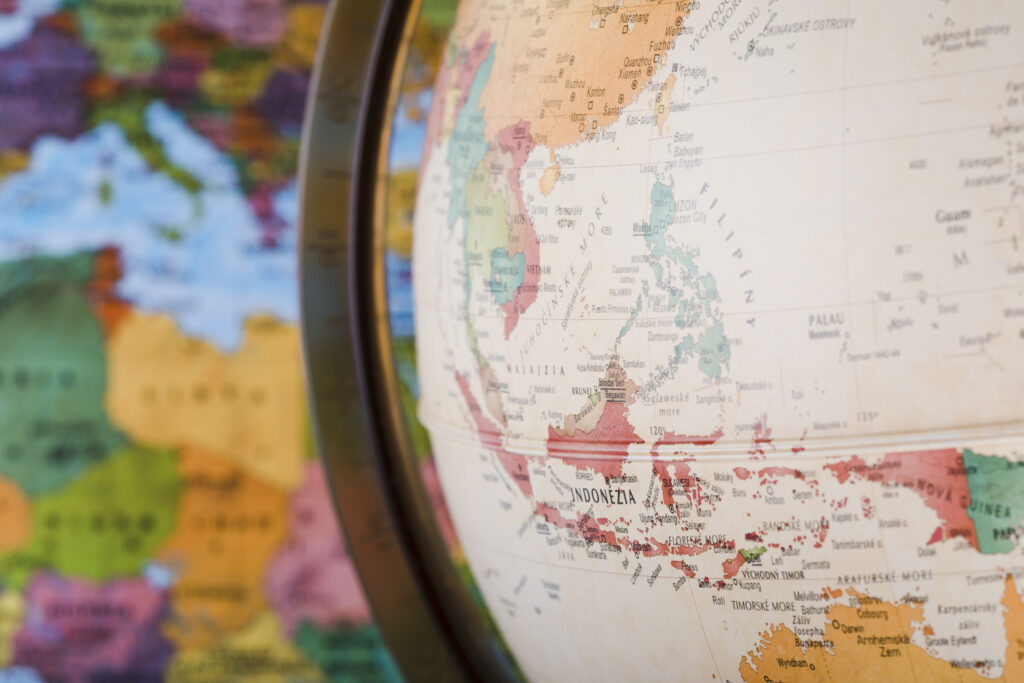Introduction
The ASEAN region, renowned for its diverse cultures, landscapes, and histories, faces pressing environmental challenges that threaten its ecological balance and the well-being of its communities. Amidst these challenges, Non-Governmental Organizations (NGOs) are emerging as vital contributors to environmental sustainability in ASEAN. This article explores the environmental issues faced by ASEAN countries and examines how NGOs are playing a crucial role in addressing these challenges, steering the region towards a more sustainable future.
Deforestation in Indonesia
Indonesia, the world’s largest archipelagic state, is celebrated for its rainforests and rich biodiversity. However, deforestation remains a significant challenge. NGOs such as Greenpeace and the Indonesian Forum for the Environment (WALHI) are at the forefront of addressing this issue. They are working to:
- Promote Sustainable Forestry: Advocating for responsible forestry practices to reduce deforestation.
- Increase Awareness: Educating the public about the environmental impacts of deforestation.
- Preserve Ecosystems: Engaging in conservation efforts to protect Indonesia’s diverse ecosystems.
Their efforts are crucial in mitigating the effects of deforestation and promoting the preservation of Indonesia’s natural resources.
Air Pollution in Thailand
Bangkok, Thailand’s capital, grapples with severe air pollution, impacting public health and daily life. The Thailand Environment Institute (TEI) is actively involved in:
- Monitoring Air Quality: Conducting research and tracking pollution levels.
- Advocating for Policies: Supporting initiatives aimed at improving air quality.
- Raising Awareness: Educating communities about the health impacts of air pollution.
TEI’s work is vital in tackling air pollution, advocating for effective policies, and enhancing overall air quality in Thailand.
Marine Pollution in the Philippines
The Philippines, known for its rich marine biodiversity, faces significant challenges with marine pollution. NGOs such as Oceana Philippines and Save Philippine Seas are dedicated to:
- Organizing Beach Clean-Ups: Removing plastic and other pollutants from coastal areas.
- Educational Campaigns: Raising awareness about marine conservation and sustainable practices.
- Advocating for Policy Changes: Promoting policies that protect marine ecosystems.
Their initiatives are essential in preserving marine life and promoting sustainable practices to combat marine pollution.
Water Scarcity in Vietnam
Water scarcity is a growing concern in Vietnam, affecting communities and ecosystems. The Center for Water Resources Conservation and Development (WARECOD) and other NGOs are addressing this issue by:
- Implementing Community-Driven Solutions: Engaging locals in water management practices.
- Developing Long-Term Strategies: Creating sustainable water management systems.
- Advocating for Water Conservation Policies: Promoting fair distribution and conservation of water resources.
These efforts help ensure that communities have access to clean water and promote sustainable water management practices.
Conclusion
As ASEAN countries confront environmental challenges, NGOs play a pivotal role in driving positive change. Their collaborative efforts with local communities highlight the resilience and determination needed to foster an environmentally conscious future for the region. By recognizing the contributions of these NGOs, we acknowledge their essential role in guiding ASEAN towards a greener and more sustainable tomorrow.
Interested in supporting environmental initiatives in ASEAN? Visit our website to learn more about the 5P Foundation’s projects and how you can get involved in creating a positive impact.





